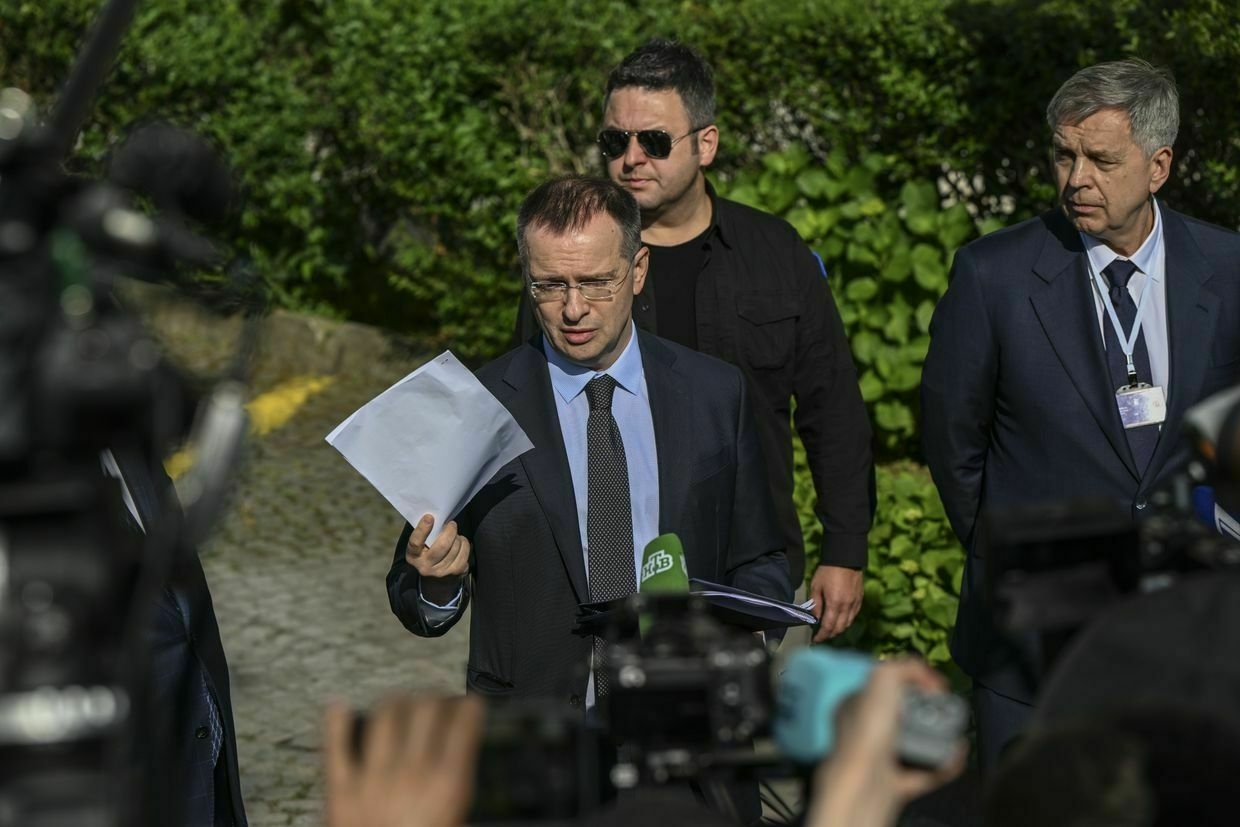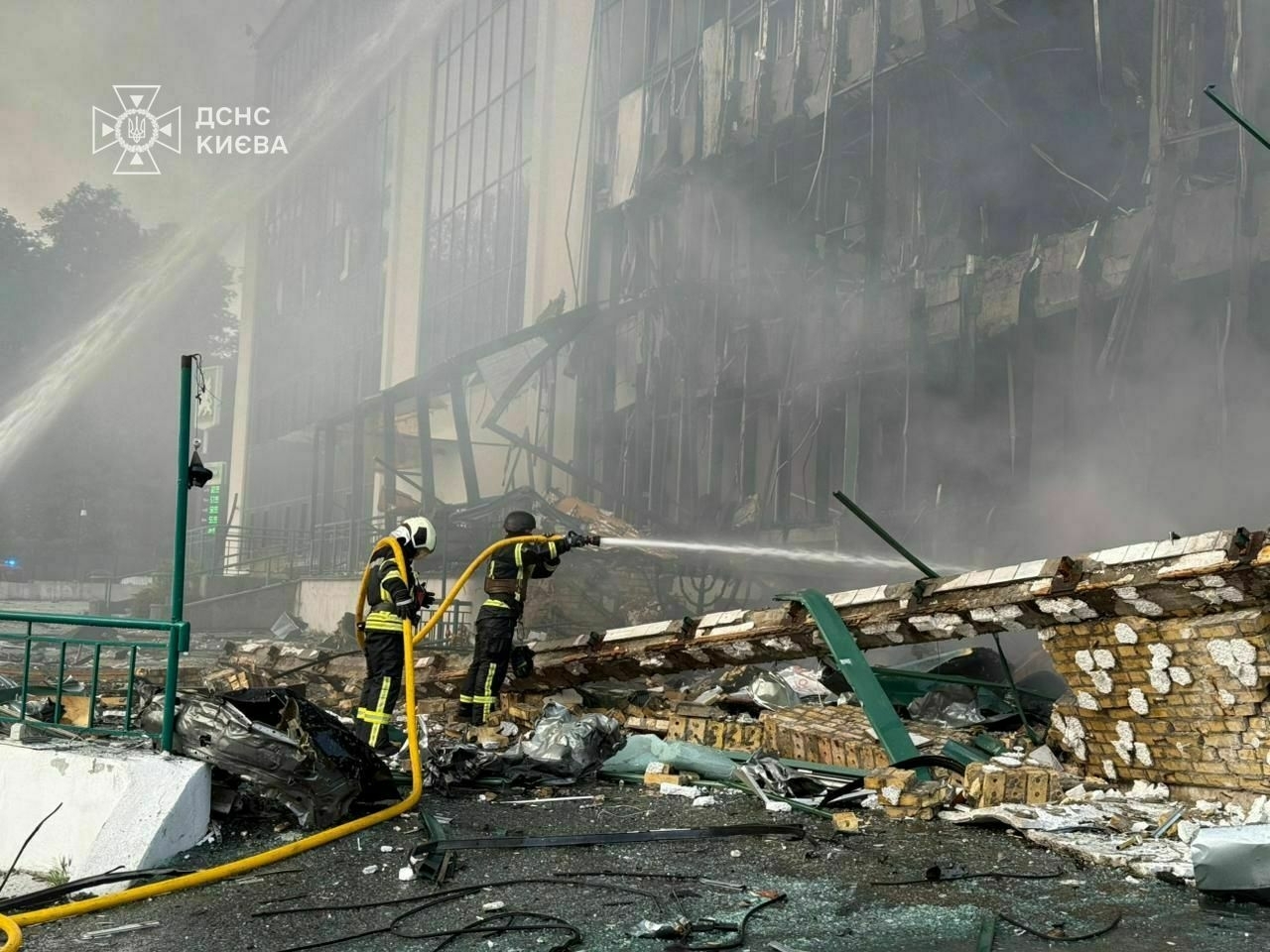
Russian negotiators told the Ukrainian delegation directly that their so-called “peace memorandum” is an ultimatum Kyiv cannot accept, President Volodymyr Zelensky said in an interview with Hungarian news outlet Valasz Online published on June 10.
“They even told our delegation: we know that our memorandum is an ultimatum, and you will not accept it,” Zelensky said. “Thus, the question is not the quality of the Istanbul format, but what to do about the Russians' lies."
Zelensky said Russia’s goal is to erode Western support for Ukraine and prolong negotiations while continuing military aggression.
The remarks follow the second round of direct peace talks in Istanbul on June 2, where the Kremlin submitted its memorandum listing conditions for a ceasefire.
According to Zelensky, the Ukrainian delegation in Istanbul had a mandate to negotiate humanitarian matters such as a ceasefire, prisoner exchanges, and the return of abducted children — but not the country’s sovereignty or territorial integrity.
“This is our own constitutional matter. It is my job to hold talks on territories — and (Russian President Vladimir) Putin’s, who seized them. I will not discuss my position on this with anyone else,” Zelensky said.
Russia’s so-called “peace memorandum” demands that Ukraine recognize Russia’s annexation of Crimea, as well as Kherson, Donetsk, Zaporizhzhia, and Luhansk oblasts — none of which are fully under Moscow’s control.
The Kremlin also insists on Ukraine's complete military withdrawal from these regions. Zelensky reaffirmed Ukraine's refusal to concede any occupied territory.
"We have also said repeatedly that if we receive adequate security guarantees preventing Putin from continuing the war, then we will have time to decide on territorial issues. By diplomatic means, not with weapons," he said.
Other Russian demands include Ukrainian neutrality, ending foreign military assistance, recognizing Russian as an official language, granting amnesty for pro-Russian collaborators, and prohibiting foreign troops, contradicting EU-backed peacekeeping proposals.
Ukraine's counterproposal in Istanbul included an all-for-all prisoner swap, the return of Ukrainian children abducted by Russia, the release of all civilians held in captivity, and freedom to pursue EU and NATO membership.
Kyiv also proposed using frozen Russian assets for reconstruction and said it would consider lifting certain sanctions if a ceasefire is achieved.
While no ceasefire or political breakthrough was achieved, negotiations resulted in key humanitarian agreements, including commitments to exchange prisoners of war (POWs) and the bodies of fallen soldiers.
As Ukraine and the U.S. continue to push for an unconditional ceasefire, Russia has maintained maximalist demands and rejected all such proposals.
U.S. President Donald Trump has reportedly expressed frustration with Moscow's intransigence and growing violence but has yet to impose any new sanctions on Russia.
 The Kyiv IndependentOlena Goncharova
The Kyiv IndependentOlena Goncharova

